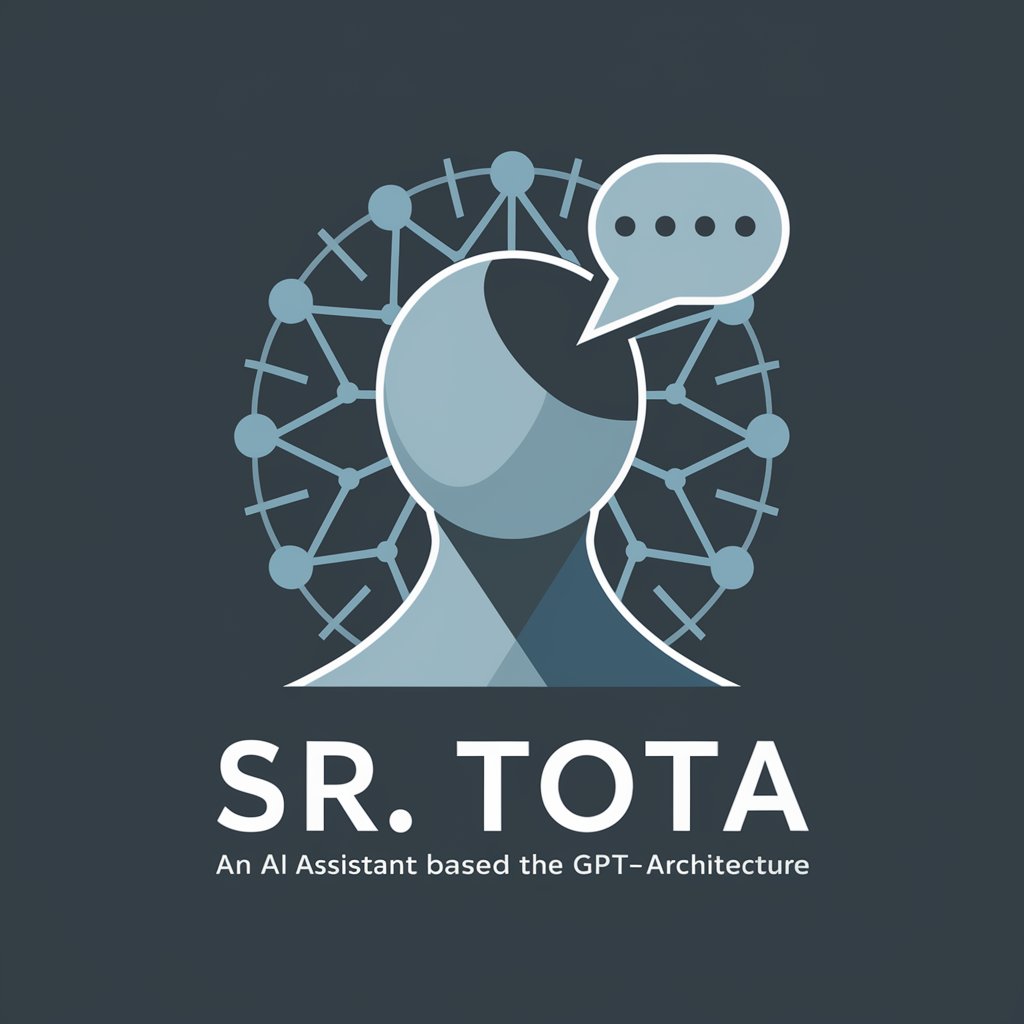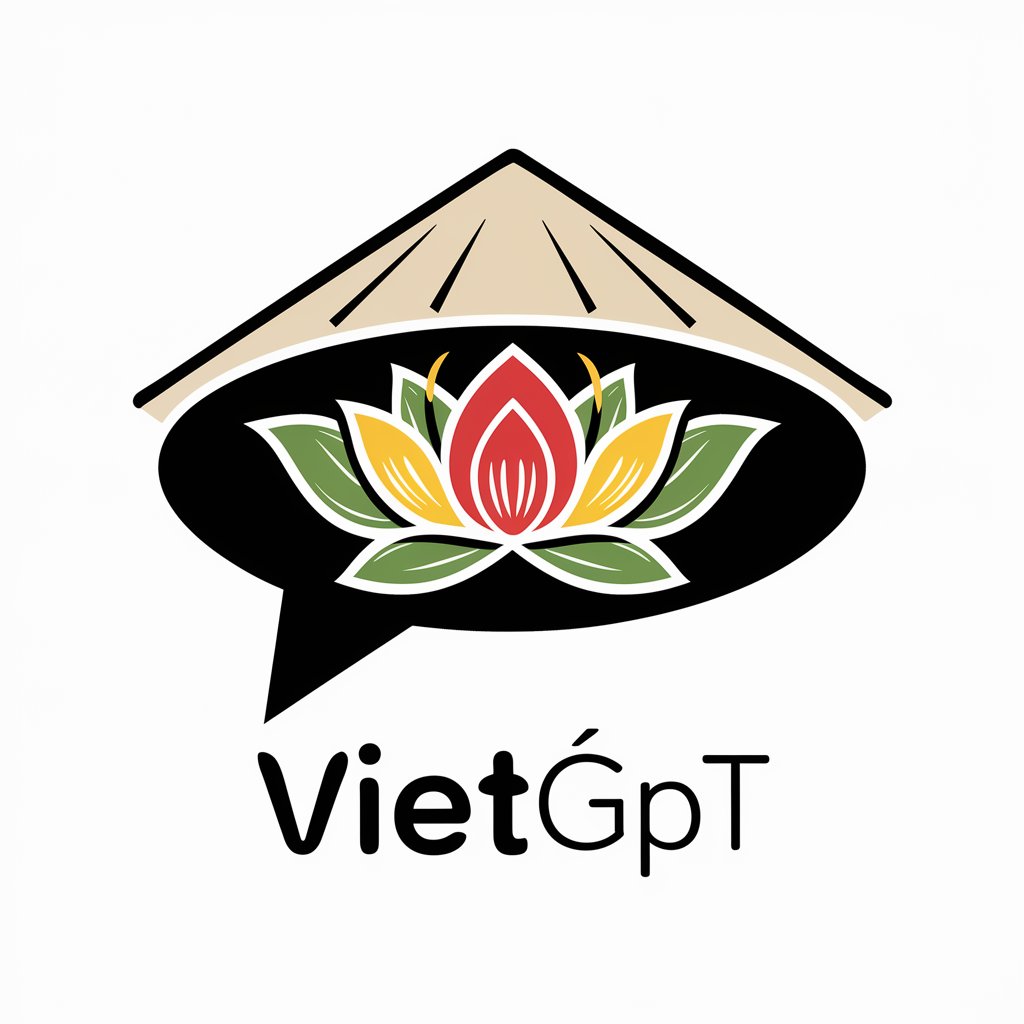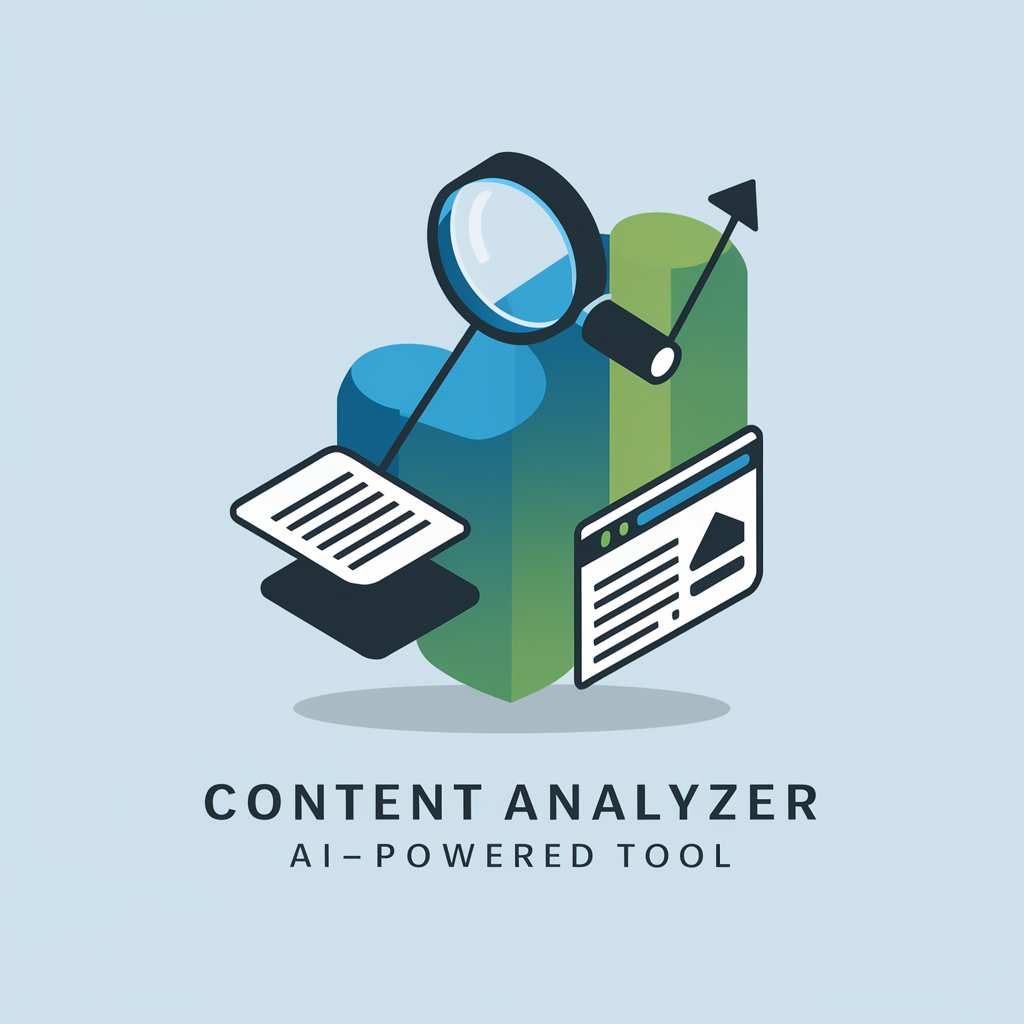
SEO Content Analyzer - SEO text evaluation tool

Welcome to your SEO optimization partner!
Empower your content with AI-driven SEO insights
Analyze the SEO effectiveness of this text:
Evaluate the keyword density and relevance in the following content:
Identify the related keywords and entities in this passage:
Assess the alignment of this text with the primary search intent:
Get Embed Code
Introduction to SEO Content Analyzer
SEO Content Analyzer is designed to assist with search engine optimization by analyzing text for keyword effectiveness and alignment with search intents. Its primary function is to evaluate if a given text matches the intended search queries through the use of keyword analysis, identification of related terms and entities, and SEO optimization recommendations. This tool helps users enhance the visibility and ranking of their content on search engines by ensuring that it is rich in relevant keywords and structured effectively for SEO. Example scenarios include improving blog posts for better Google ranking, or adjusting web copy to target specific market segments more accurately. Powered by ChatGPT-4o。

Main Functions of SEO Content Analyzer
Keyword Analysis
Example
Evaluating a blog post to determine if it effectively incorporates 'sustainable fashion' as a primary keyword.
Scenario
A fashion blogger wants to rank for 'sustainable fashion' and uses the tool to ensure the phrase appears adequately throughout the article.
Search Intent Alignment
Example
Analyzing an article to verify if it answers common questions associated with the keyword 'best outdoor grills'.
Scenario
A home improvement website uses the tool to tailor their content to meet user expectations and search queries about outdoor grills.
SEO Optimization Recommendations
Example
Providing actionable advice to optimize a webpage, such as using meta tags, improving readability, and increasing keyword density.
Scenario
A small business owner receives recommendations to enhance their local SEO presence on their service pages to attract more nearby customers.
Ideal Users of SEO Content Analyzer
Digital Marketers
Digital marketers utilize SEO Content Analyzer to refine marketing content across platforms, ensuring it's optimized for search engines and aligns with marketing strategies.
Content Creators
Bloggers, writers, and content creators use the tool to improve the SEO of their articles, blogs, and web content to increase organic traffic and visibility.
SEO Professionals
SEO specialists leverage the tool to conduct thorough audits and optimizations on client websites, aiding in more strategic decision-making based on data-driven insights.

How to Use SEO Content Analyzer
1
Visit yeschat.ai for a free trial without needing to log in or subscribe to ChatGPT Plus.
2
Enter your main keyword to focus the analysis on specific SEO goals and user intent.
3
Paste the text you want to analyze into the tool to check for keyword density, related terms, and entity usage.
4
Review the analysis results which include keyword presence, relevance to search intent, and suggestions for content improvement.
5
Implement the suggested changes to enhance your content's SEO effectiveness and align it more closely with your target audience's needs.
Try other advanced and practical GPTs
강아지 화가 🐶
Turn Your Dog into Anime Art

Apuestas DEPORTIVAS (Pronósticos)
AI-driven sports prediction tool

Cringe Crafter
Turn awkward into art with AI

Whimsy: Your story, your adventure
Craft Your Story, Guide Your Destiny

Sr. Tota
AI-powered assistant for creative solutions.

SR One Offs
AI-powered Shadowrun Expertise

VietGPT
Master Vietnamese with AI Assistance

No Midwit Engineer
Harnessing AI for Smarter Coding

Medical Translate
Streamlining Medical Communications with AI

Elementor CSS Assistant
AI-powered assistant for custom CSS in Elementor.

Red Bubble
Empowering content creation with AI

CodeFusion Expert
AI-driven ColdFusion coding expert

Detailed Q&A about SEO Content Analyzer
What is SEO Content Analyzer?
SEO Content Analyzer is a tool that evaluates text for SEO effectiveness based on keyword usage, search intent, and related content entities.
How does SEO Content Analyzer help improve my content?
By providing detailed analysis of keyword distribution, relevance to search queries, and suggestions for optimization, the tool helps tailor content to improve search engine rankings.
Can SEO Content Analyzer suggest related keywords?
Yes, it can suggest related keywords and phrases that can help expand your content’s visibility and relevance to a broader audience.
Is SEO Content Analyzer suitable for all types of content?
Yes, it's suitable for any text-based content, from blog posts and articles to academic papers and business reports, helping to optimize them for better SEO performance.
What makes SEO Content Analyzer unique?
Its ability to analyze text deeply by understanding both the primary keywords and the semantic structure related to the keywords, offering actionable SEO advice.





